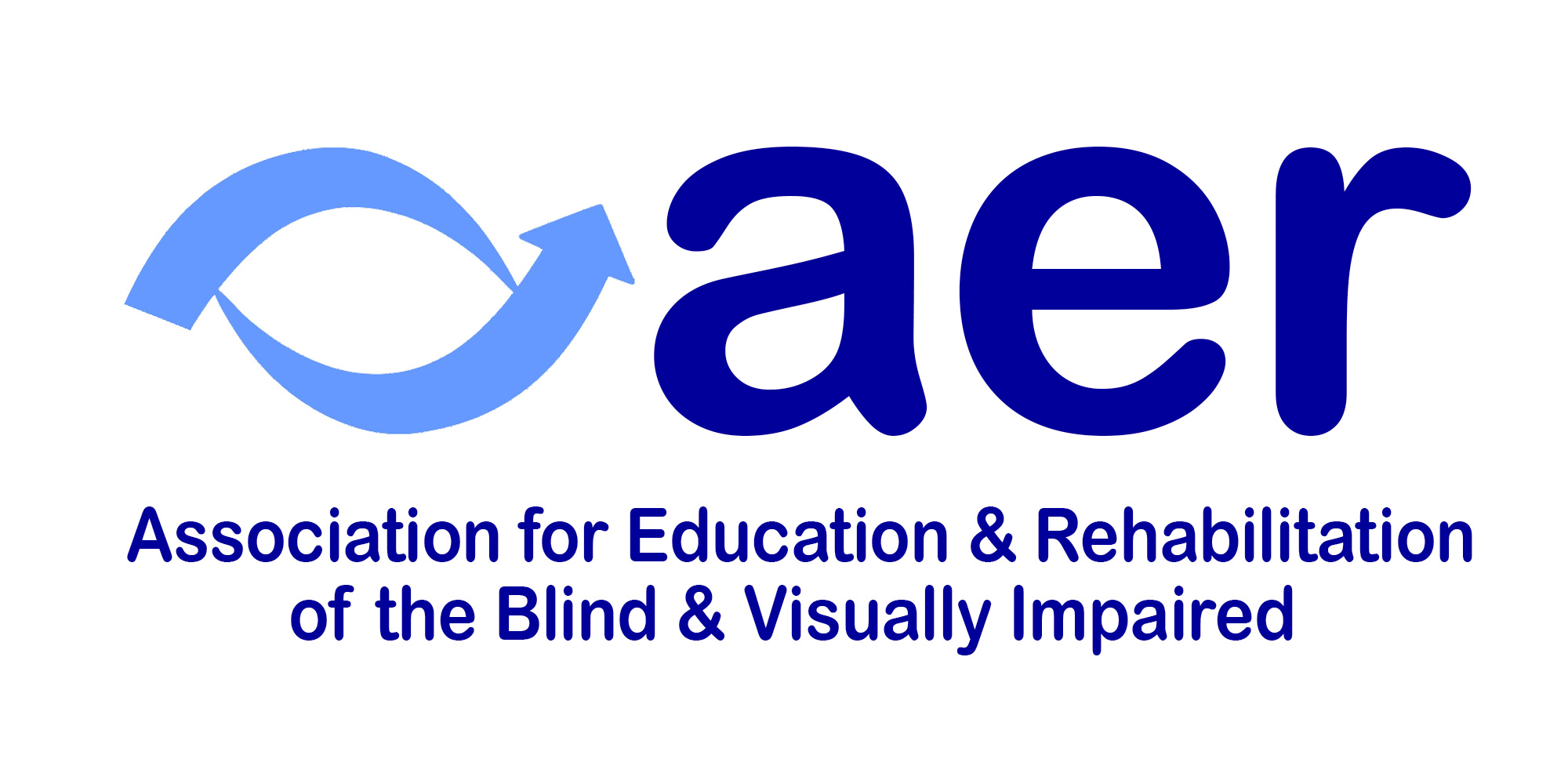Vision ProfessionalsAre you looking for just a job…or for a career (even a second career!) that makes a huge difference in an individual’s life? Vision Professionals work with people of all ages (infants to older adults) who have lost some of their vision or are totally blind. Vision Professionals teach the skills a person living with a visual impairment needs to be independent, self-sufficient, and successful in their school, home, work, and community environments. Learn from home, at low cost, and get a job anywhere in the country! By 2050, 25 million people in the United States will need the services of a Vision Professional. You can be that person who makes a difference!
What are the Vision Professions?Teacher of Students with Visual Impairments (TSVI)A teacher of students who are blind or visually impaired specializes in educating students with visual impairments to develop skills for academic success and independent living. They adapt lessons to accommodate different learning styles and use specialized tools and technology, such as Braille and assistive devices. They collaborate with other educators, family members, and specialists to create inclusive learning experiences and support each student's unique needs. Additionally, they promote self-advocacy and independence thereby fostering confidence in their students.
Certified Orientation & Mobility Specialist (COMS)An orientation and mobility specialist teaches individuals who are blind or visually impaired the skills and concepts they need to acquire a greater degree of independence in traveling and navigating in various environments such as home, work, and community. They assess a person’s orientation and mobility needs and create personalized plans that may include teaching techniques for safer travel using mobility aids like a long white cane and teaching skills to enhance their spatial awareness. Specialists provide instruction on route planning, understanding environmental cues, and utilizing public transportation. They also advocate for accessibility and educate communities about the challenges faced by individuals with visual impairments. Overall, orientation and mobility specialists empower individuals to confidently navigate their surroundings and improve their quality of life.
Certified Vision Rehabilitation Therapist (CVRT)A vision rehabilitation therapist supports individuals with visual impairments by teaching adaptations for maintaining independent living skills. They assess the client’s needs and develop personalized training programs that focus on enhancing remaining vision and facilitating the use of assistive technology. Therapists also provide guidance on daily living skills such as cooking and personal care and offer emotional support to help clients cope with the challenges of vision loss. Their goal is to empower clients with visual impairments to lead fulfilling lives despite their visual limitations.
Certified Low Vision Therapist (CLVT)A low vision therapist assesses the usable vision of a client to determine how best to use the residual vision in their daily lives. They instruct in the use of low vision devices such as handheld illuminated magnifiers, magnification systems, screen readers and accessibility features on assistive technology.
Certified Assistive Technology Instructional Specialist (CATIS)An assistive technology instructional specialist for the blind and visually impaired focuses on enhancing the independence and quality of life for individuals with visual impairments using specialized technologies. Their role involves assessing client’s needs, recommending appropriate devices and software, and providing instruction on using these tools effectively. They stay updated on the latest assistive technologies, which may include screen readers, magnification software, braille displays, and adaptive devices. Specialists work collaboratively with educators, rehabilitation professionals, and families to create tailored solutions that support clients in various environments such as home, school, and the workplace.
Certified Rehabilitation Counselor (CRC)A rehabilitation counselor for the blind and visually impaired assists individuals to achieve vocational goals. They provide assessments to understand client’s needs, develop personalized rehabilitation plans, and offer counseling to enhance coping skills. Counselors also facilitate access to resources such as training in orientation and mobility, assistive technologies, and job placement services.
|
